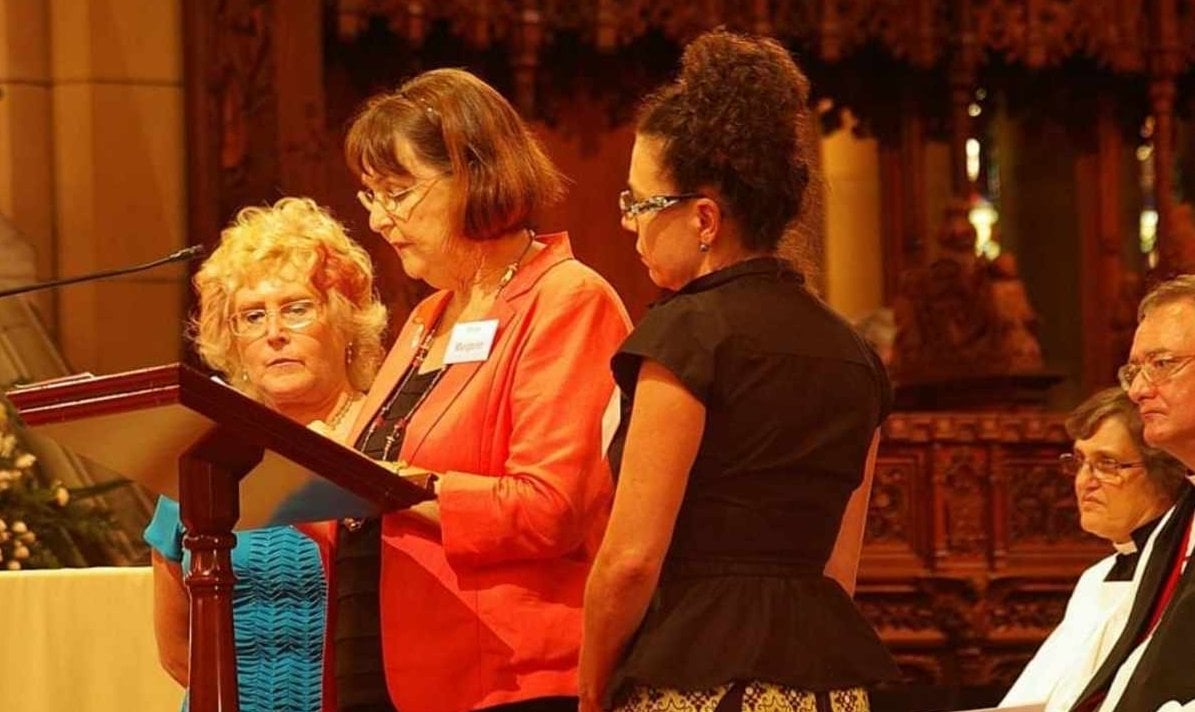
Margaret Hamilton was just 18 years old when her parents sent her to St Mary’s Home for Unmarried Mothers.
Unexpectedly pregnant, Margaret's fiance had taken off three weeks before their wedding, and in 1966, that left Margaret completely dependent on her parents for support.
From the moment she entered the church-run home, Margaret was kept in the dark. No one asked her if she wanted to keep her baby. No one asked her anything.
Occasionally, the matrons would remind the girls that choosing anything other than adoption would be selfish, put their babies at risk. But to Margaret, it didn’t feel like there was a choice. For this group of pregnant, unmarried girls, scared and alone, there only felt like one option.
Watch: Kristin Davis Cries Over Adopted Kids Experience With Racism. Article continues after the video.
"On the night my labour started, an ambulance was called to the home, and I was taken to the hospital. I was very frightened. I remember being left alone and in pain," Margaret reflected in a document outlining her story, shared with Mamamia by her daughter, Claire.
"I heard another mother screaming. I thought they had forgotten about me so I screamed in pain also," she wrote.


